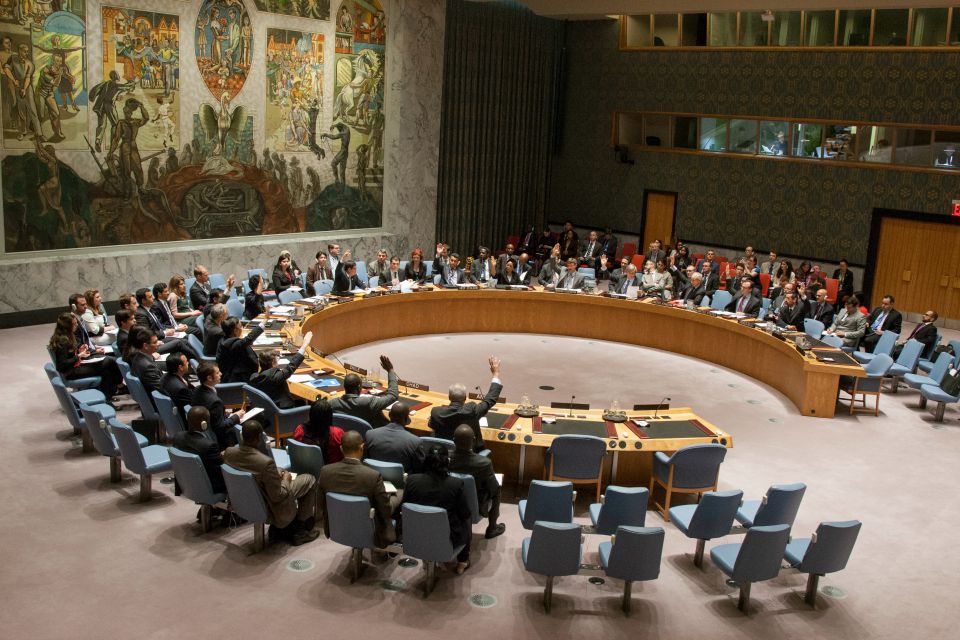The world is now a safer place in the knowledge that Iran cannot build a nuclear bomb.
Explanation of vote by Ambassador Matthew Rycroft of the UK Mission to the UN at the UN Security Council Meeting on Non-Proliferation (Iran)

Thank you Mr President.
The United Kingdom welcomes the adoption of UN Security Council Resolution 2231. The resolution endorses the Joint Comprehensive Plan of Action agreed in Vienna last week. It creates the baseline from which to recalibrate our broader relationship with Iran. And it is an opportunity for us all to re-engage economically and culturally with an important regional power as it takes on its proper responsibility for improving stability in the region.
Today’s adoption is an important milestone in the history of this Council. It is the culmination of negotiations that have taken place over more than a decade. The Joint Comprehensive Plan of Action is a landmark achievement and I join my colleagues in expressing my congratulations and gratitude to everyone who has been involved in this process.
In this Council we often call for the peaceful resolution of disputes and in some cases progress is slow and situations remain unresolved. But while in the past we have met to call on Iran to respond to our concerns, today we can be proud that Iran has committed to take actions to address those concerns.
I am delighted that the Council has endorsed this deal unanimously. It is a good deal - good for the UK and the international community, good for the region, good for Iran. If implemented fully this resolution will address our proliferation concerns through comprehensive commitments by Iran to limit its nuclear programme. Commitments which will be verified through extensive monitoring and transparency.
And as soon as Iran takes steps on its nuclear programme, it will receive comprehensive economic and financial sanctions relief, enabling it to trade more freely again with the rest of the world. Under full implementation of this deal, Iran will be treated just like any other non-nuclear weapons state party to the Non-Proliferation Treaty.
Mr President,
We now need to look ahead and make sure that we all deliver on our commitments as we implement this agreement.
That won’t be easy. There will inevitably be difficulties, and unforeseen obstacles. But we must live up to our commitments, act in good faith, and try wherever possible to resolve together any problems in implementing this deal.
The role of the Security Council will be important. We will maintain oversight of implementation of this agreement and we need to take significant steps to support its implementation. In some areas this will involve novel working methods for the Council. We will have to be flexible and imaginative; and get this right.
This deal gives us the chance to change the relationship between Iran and the Security Council, and change for the better the dynamics in the region and beyond. We can now start the work of re-building a deficit of trust which has arisen over decades, we can start to normalise our relationships which hold great promise for the future. We will also encourage Iran to play a transparent and constructive role in regional affairs - including in the current crises in Yemen and Syria. Iran has an opportunity to make a positive decision about its responsibilities in the region.
The world is now a safer place in the knowledge that Iran cannot now build a nuclear bomb. I encourage all of us in this Council to show the same determination, courage and vision in supporting this project and pursuing our other top priorities as the negotiators on all sides have demonstrated in getting us the agreement we have endorsed here today.
Thank you Mr President.